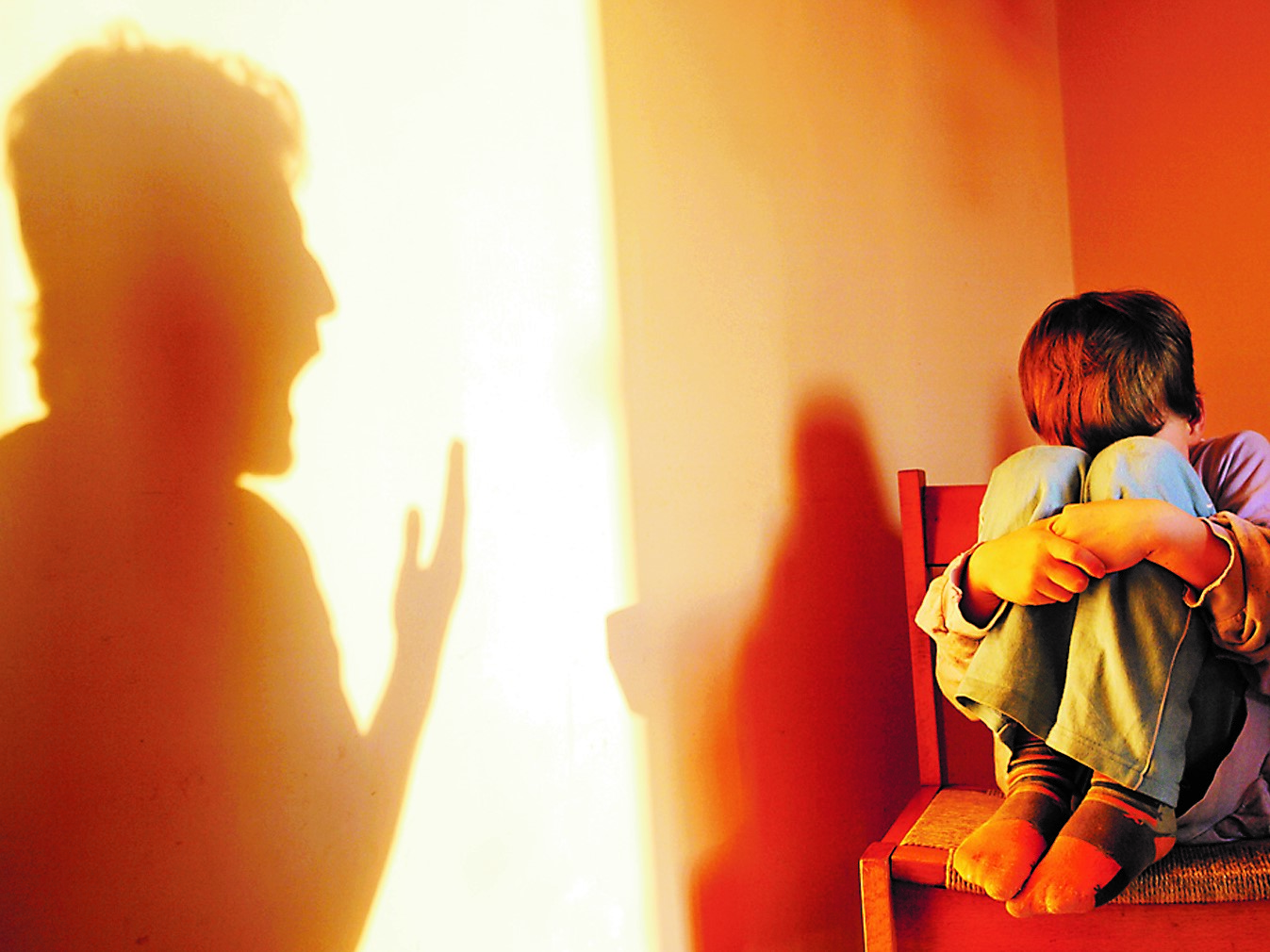
News

When home isn’t sweet home
ROZANNE SACK
The sad reality is that for women, men, and children in abusive domestic relationships, lockdown means a likely increase in domestic violence and child abuse.
At the heart of any abusive environment, is the element of control and power. Lockdown offers a perfect environment for the abuser to increase control over his or her victims by being able to micromanage them. The victim loses access to time away from the abuser through work, school, or outside interactions with friends and family members. It becomes a struggle to keep safe while being cut off from the usual sources of support and help.
With lockdowns in place across the world, there has been an increase in domestic violence and child abuse globally. South Africa is no exception, especially in the light of our staggeringly high rates of violence against women and children. As much of the offending is done by someone close to the victim – often a family member – there is a significantly increased risk for the victim who is literally “locked down” with their abuser.
It’s well documented that psychological strain has a strong association with mental-health problems, increased anger, and violent incidents. If we examine the lockdown regulations in South Africa, the banning of alcohol, cigarettes, and outdoor exercise poses the danger of increased psychological strain and domestic violence.
According to Police Minister Bheki Cele, the police received 2 320 gender-based violence complaints in the first week of lockdown. This is 37% higher than the average weekly domestic violence cases reported during 2019. The national Gender-Based Violence Command Centre said that it had received triple the usual number of calls.
These figures are extremely worrying, particularly in light of the fact that the victims of domestic violence are less likely to report the offences during lockdown because they are never alone, may fear retaliation, or may be financially dependent on the abuser.
The South African Medical Research Council has found that 56% of murder victims in South Africa were killed by their intimate partners, and almost 45% of child-murder victims die as a result of abuse or neglect, often at the hands of their mothers. How much higher the risk must be in a lockdown situation!
Eyewitness News reported on 7 April that the Teddy Bear Clinic for Abused Children had been alerted to more than 25 children who had been abused since the lockdown started. According to the clinic, many of these children witnessed their mothers being assaulted, while many were themselves raped and physically assaulted.
Dr Nthabiseng Moleko, a development economist at the University of Stellenbosch Business School, said that global reports show a link between pandemics, disasters, and gender-based violence. The picture emerging in South Africa is bleak, but what of our own community? Abuse statistics in Jewish communities worldwide usually parallel those of the wider community in that country.
In the case of this pandemic, it’s hard to know what the reality is in our community. At Koleinu, we have taken very few calls over lockdown, most of which are from concerned community members about a friend or neighbour. We don’t believe this represents the reality of the situation. Our community isn’t immune to the trend countrywide.
If you find yourself in a potentially explosive home environment and it’s difficult to get immediate help, work out where the “safer places” are in your home, and stay out of the kitchen, garage, workshop or other room where items can be used as weapons.
Create a plan with your children for what to do when violence occurs. Tell them not to get involved if the abuser is hurting you since that may hurt them. Decide on a code word to let them know that they should leave the house and get help. Have a phone-call code word that you share with a trusted family member or friend which you can use during a cell phone call to alert them to your need for help. A knock at the door can stop an abusive incident in its tracks.
Get a bag together that you can grab when you leave that includes your children’s important paperwork, medication, and a change of clothing. Keep a copy of important papers such as your and your children’s birth certificates and passports in a safe place in case you have to leave in a hurry. If you have children who need a car seat, make sure the car seats are always kept in the car, and that you have a full tank of petrol.
It’s vital that support structures in place for victims are clearly communicated and easily accessible. Within our community, there is the Koleinu helpline for victims or concerned community members to turn to for support. The number is 011 264 0341 in Johannesburg, and 074 180 5687 in Cape Town. The Chevrah Kadisha social-services number is 011 532 9616.
Government support structures include the Gender-Based Violence Command Centre, which can be reached on 0800 428 428. The domestic abuse helpline number is 0800 150 150, and Childline South Africa can be reached on 0800 055 555. The Teddy Bear Clinic for Abused Children can be reached on 011 484 4554
- Rozanne Sack is the co-founder and director of Koleinu, a local support service for victims of abuse in the Jewish community.




